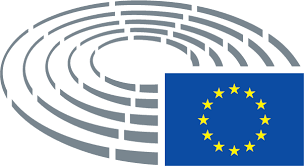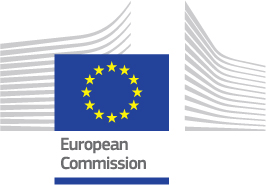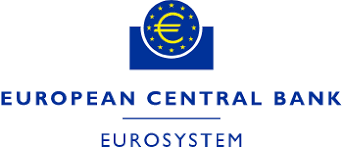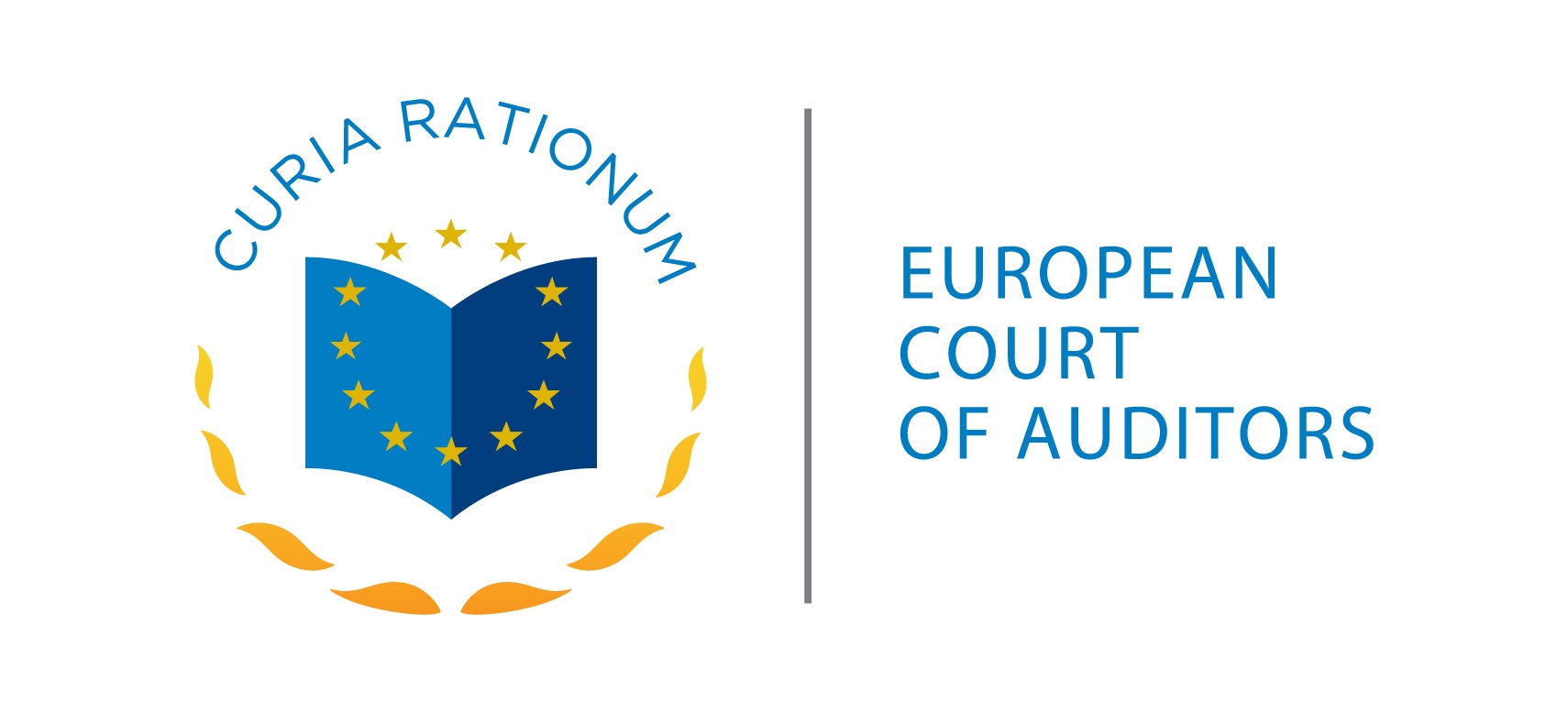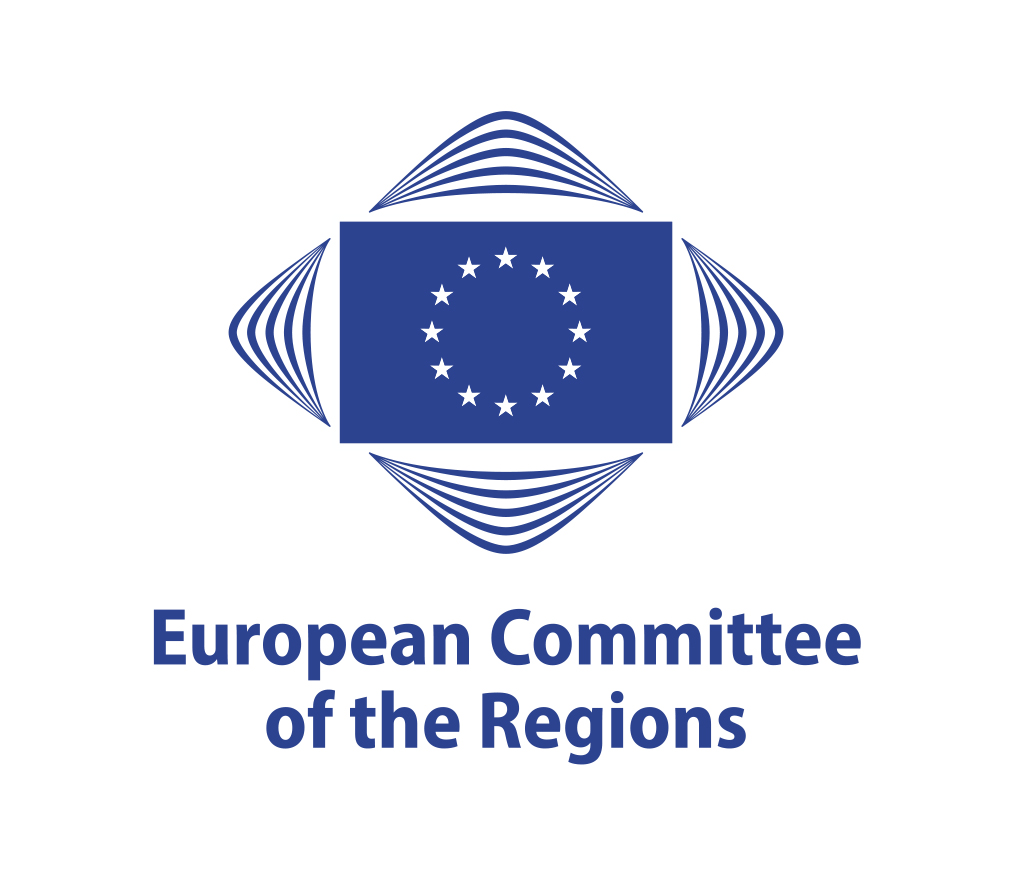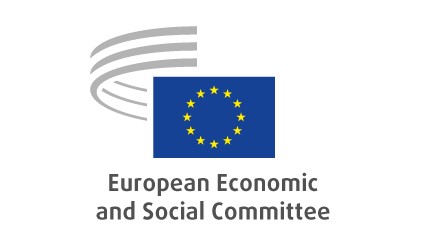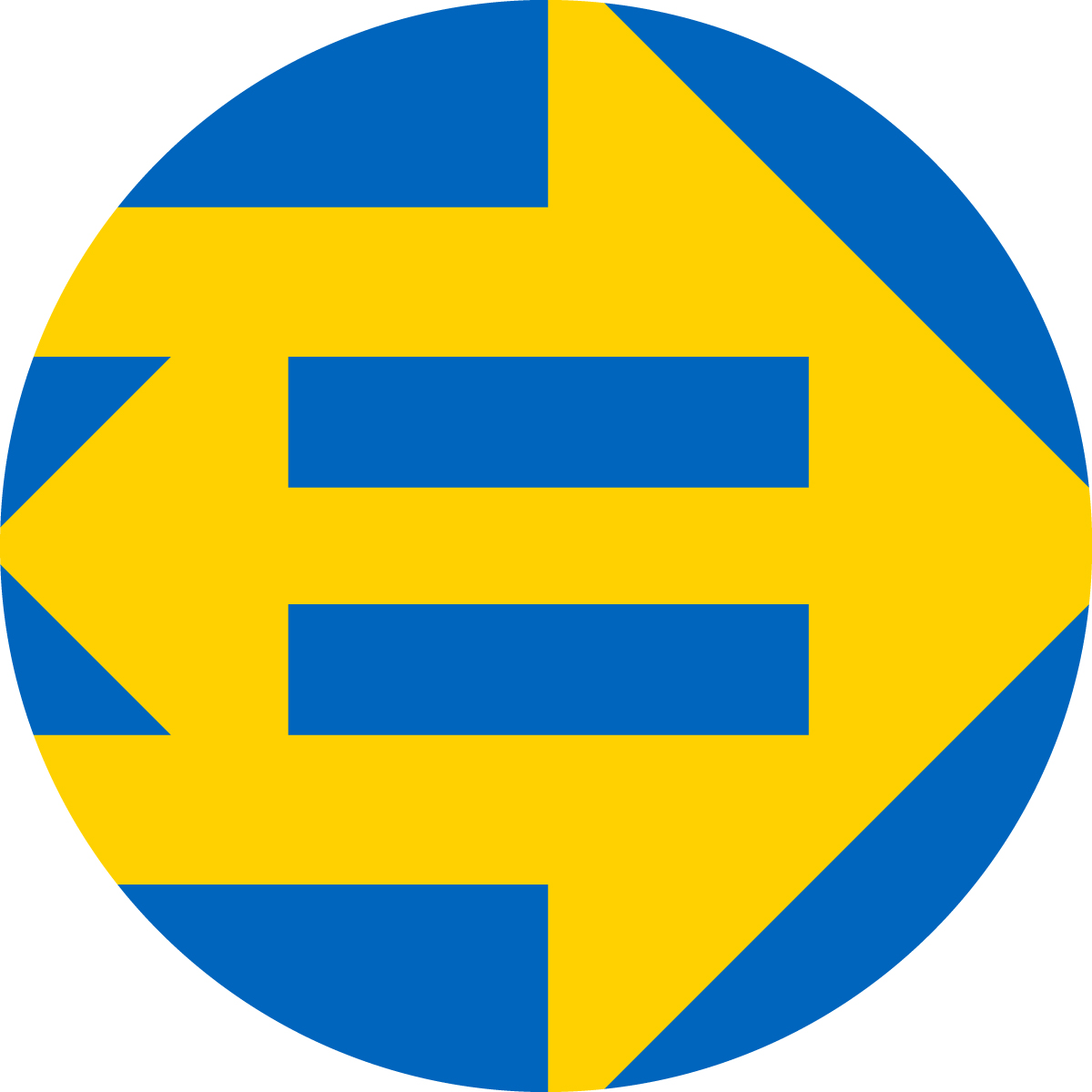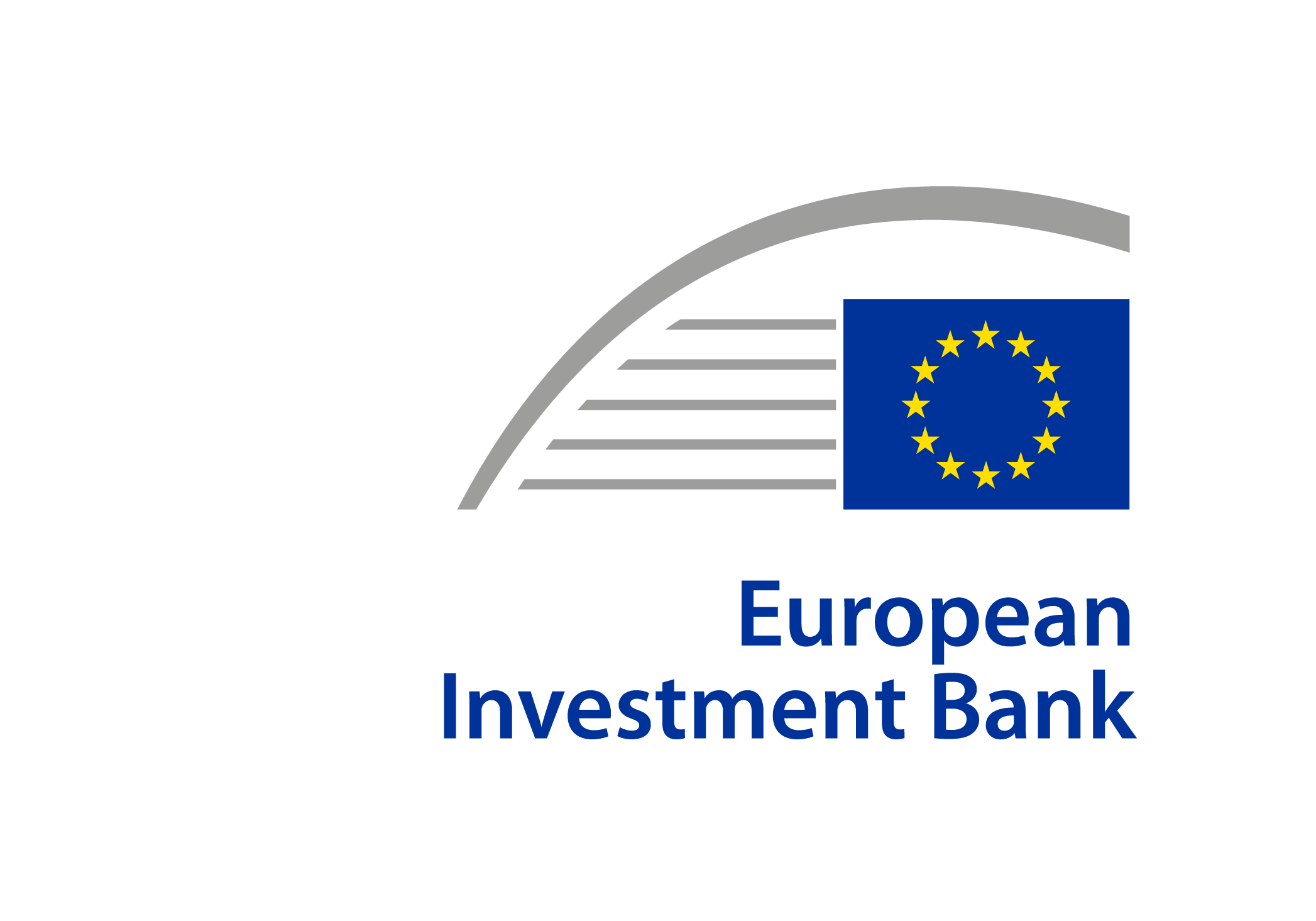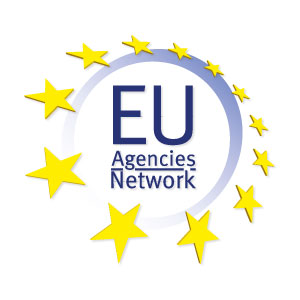Diversity & Inclusion in the EU institutions and bodies
The European Parliament is an important forum for political debate and decision-making at the EU level. The Members of the European Parliament are directly elected by voters in all Member States to represent people’s interests with regard to EU law-making and to make sure other EU institutions are working democratically. The Parliament acts as a co-legislator, sharing with the Council the power to adopt and amend legislative proposals and to decide on the EU budget. It also supervises the work of the Commission and other EU bodies and cooperates with national parliaments of EU countries to get their input.
Mission statement
‘The European Parliament is an inclusive employer, which values and seeks out a diverse talent pool. We foster a safe and respectful environment free of any form of discrimination for our entire staff, as reflected by our human resources policies and approaches’.
Learn more about the European Parliament’s diversity and inclusion policies and practices.
Contact: PERS-EIDU@europarl.europa.eu
The European Council, whose members are heads of states and governments of all EU member states, defines the EU's overall political direction and priorities that are key for the EU’s future. It sets the EU’s strategic and political agenda at the highest political level. The Council of the EU negotiates and adopts EU laws, coordinates member states’ policies, develops common foreign and security policy, and concludes international agreements. The ministers and state secretaries of all EU member states meet in 10 different configurations, depending on the subject being discussed.
Mission statement
‘At the GSC, we actively seek diversity and promote inclusion among staff. We embrace all differences and foster respect and a sense of belonging. We believe that diversity enriches our perspectives, improves our performance and makes everyone feel safe and valued’.
Learn more about the Council’s diversity and inclusion policies and practices.
Contact: diversity.inclusion@consilium.europa.eu
The European Commission’s (EC) role is to promote the general interest of the EU by proposing and enforcing legislation: it is the EU's politically independent executive arm. Political leadership is provided by a team of Commissioners (one from each EU member state) – led by the Commission President, who decides which Commissioner is responsible for a particular policy area. Once the legislative text proposal is out, it goes for adoption by the Council (representing the member states) and the Parliament (representing the European citizens). It administers the EU budget and the policy programmes (i.e. agriculture, fisheries, research etc.) in cooperation with authorities in the member countries.
Mission statement
‘To promote diversity and inclusion throughout the HR (Human Resources) community and lead their mainstreaming into all HR policies and processes within the institution. The ultimate goal is to create a truly inclusive work culture, where everyone feels safe, listened to and valued’.
Learn more about the European Commission’s diversity and inclusion policies and practices.
Contact: HR-DIVERSITY-INCLUSION-OFFICE@ec.europa.eu
The Court of Justice of the European Union (CoJ) is the judicial body of the EU. Its role is to ensure that EU laws are respected by the EU’s institutions and Member States and applied in the same way throughout the whole of the EU. This ensures that the EU is based on the rule of law, a fundamental element of all democratic entities.
Mission statement
‘At the Court of Justice of the European Union, we ensure equal opportunities, diversity and inclusion of candidates and staff members regardless of their sex, race, colour, ethnic or social origin, genetic features, language, religion or belief, political or any other opinion, membership of a national minority, property, birth, disability, age or sexual orientation’.
Learn more about the diversity and inclusion policies and practices at the Court of Justice by contacting: egalite des chances.diversite@curia.europa.eu
The European Central Bank (ECB) is one of the newest official EU institutions, set up in 1998, with more than 3,500 employees from across Europe. Promoting financial integration and financial stability is at the core of the ECB’s mission. The ECB works closely with all 19 national central banks in the euro area and together with them forms a group called the Eurosystem. It also has regular contact with all 27 national central banks in the EU in a network called the European System of Central Banks.
Mission statement
‘At the ECB, we believe diversity creates excellence – more diverse teams mean a wider range of opinions, leading to better and more robust results. ECB’s diversity reflects the society we work for. We therefore aim to foster diverse and inclusive working environment, where all employees are respected and empowered to make an impact for Europe’.
Learn more about the ECB’s diversity and inclusion policies and practices.
Contact: diversityinclusion@ecb.europa.eu
The European Court of Auditors (ECA) has been the EU’s external auditor since its establishment in October 1977. The ECA’s aim is to improve the way the Union’s finances are managed and contribute to public accountability regarding the raising and spending of the EU budget through assurance and advice. The ECA is one of the EU’s seven institutions: it is based in Luxembourg and employs around 900 audit, support and administrative staff of all EU nationalities.
Mission statement
‘At the European Court of Auditors, we aim to create a place where we can bring our whole selves to work. We recognise, respect and value the unique potential and needs of each colleague. We rejoice in our diversity because we consider it as one of our main strengths’.
Learn more about the ECA’s diversity and inclusion policies and practices.
Contact: diversity-and-inclusion@eca.europa.eu
The European Committee of the Regions (CoR) is the voice of regions and cities in the European Union (EU). It represents local and regional authorities across the European Union and advises on new laws that have an impact on regions and cities (70% of all EU legislation).
The CoR is a political assembly composed of 329 members and 329 alternates from all EU countries (grouped by political party and headed by the President) who have been elected at local or regional level (for example as Mayors or Presidents of a region). They come to Brussels up to six times a year to debate their opinions on proposed legislation and agree on resolutions for further action by the EU.
Mission statement
‘The European Committee of the Regions is committed to ensure full and equal chances for all and striving for an inclusive and diverse workplace. Staff should reflect the diversity in society, thus enhancing the institution's credibility and bringing it closer to citizens. We are all different, and all staff members should feel valued, be themselves, and be free to realise their full potential’.
Learn more about the CoR’s diversity and inclusion policies and practices.
Contact: Equal-Opportunities@cor.europa.eu
The European Economic and Social Committee (EESC) is a unique forum for consultation, dialogue and consensus between representatives from all the different sectors of organised civil society, including employers, trade unions and groupings such as professional and community associations, youth organisations, women's groups, farmers, consumers, SMEs, environmental campaigners and many more. Its mission is to give a voice to organised civil society.
Mission statement
‘At the EESC, we are committed to an inclusive working environment for all. We strive to not just uphold the principles of equal opportunities and non-discrimination, but also actively promote diversity within our secretariat-general. The promotion of diversity and inclusiveness is one of five key values of the EESC' secretariat-general defined in its management plan 2021-2025’.
Learn more about the EESC’s diversity and inclusion policies and practices by contacting diversity-inclusion@eesc.europa.eu
Contact: diversity-inclusion@eesc.europa.eu
The European Data Protection Supervisor (EDPS) was established in 2004, in Brussels. As the European Union’s independent data protection authority, the EDPS strives to be an impartial centre of excellence for the enforcement and reinforcement of EU data protection and privacy standards, both in practice and in law. The EDPS also provides support for the Secretariat of the European Data Protection Board (EDPB), an independent European body composed of representatives of the EU national data protection authorities, established in 2016 by the General Data Protection Regulation (GDPR), based in Brussels.
Mission statement
‘At EDPS and EDPB we are committed to promote inclusion and diversity in all its forms, and give everyone equal opportunities to succeed. We strive to ensure that all employees are able to fulfil their potential and we offer them a sound work-life balance through flexitime and hybrid working arrangements’.
Learn more about the EDPS’s diversity and inclusion policies and practices.
Contact: hrba@edps.europa.eu
The European External Action Service (EEAS) is the European Union’s diplomatic service. They provide support to the High Representative / Vice-President of the Commission in carrying out the Union’s Common Foreign and Security Policy. They represent the Union in close co-operation with their EU Member States colleagues, in Brussels and through their over 140 bilateral and multilateral delegations in the world.
Mission statement
‘At the EEAS, we promote gender equality, diversity and inclusion both internally and in all our external actions. We strive towards a diverse talent pool to enrich our perspective and improve our actions. We care about dignity and aim at an inclusive work culture where everyone feels valued and safe’.
Learn more about the EEAS’s diversity and inclusion policies and practices.
Contact: HR-GENDER-AND-DIVERSITY-POLICY@eeas.europa.eu
The European Ombudsman is an independent and impartial body that holds the EU’s institutions and agencies to account, and promotes good administration. The Ombudsman helps people, businesses and organisations facing problems with the EU’s administration by investigating complaints related to maladministration by EU institutions and bodies, as well as by proactively looking into broader systemic issues.
Mission statement
‘The EU Ombudsman is an equal opportunities employer who encourages applications from qualified people and seeks to actively promote diversity, inclusion and accessibility in the workplace. We have a zero-tolerance policy prohibiting any form of harassment and discrimination which may affect our staff members’.
Learn more about the European Ombudsman’s diversity and inclusion policies and practices by contacting zinovia.assimakopoulou@ombudsman.europa.eu
Contact information:
Website: https://www.ombudsman.europa.eu/en/home
Functional mailbox: career@ombudsman.europa.eu
Email address of person in charge: zinovia.assimakopoulou@ombudsman.europa.eu
The European Investment Bank (EIB) is the lending arm of the European Union. The EIB Group has two parts: the European Investment Bank and the European Investment Fund. The two have more than 60 years' experience and expertise in project financing. Headquartered in Luxembourg, they have a network of local and regional offices in Europe and beyond.
Mission statement
‘At the EU Investment Bank, diversity is an integral part of our values, identity and mission, defining who we are as an institution. We take a holistic approach to ensure that Diversity, Equity, Inclusion and Belonging play a strategic role in the development of the Bank, both internally for our people and for all our stakeholders’.
Learn more about the EIB’s diversity and inclusion policies and practices.
Contact: inclusion@eib.org
The 48 decentralised EU Agencies and Joint Undertakings, headquartered across the EU Member States, touch the lives of 440 million EU citizens every day through their work.
The Agencies contribute to the implementation of EU policies across a wide variety of fields, including vocational education and training, health and safety, freedom and justice, innovation, research and business, and transport and satellite systems.
Mission statement
‘Through our combined knowledge and actions, we contribute to the implementation of EU policies and strive for the development of a more sustainable, inclusive and competitive Europe for the benefit of all EU citizens’.
Learn more about the EU Agencies Network’s diversity and inclusion policies and practices
Contact: coordination@euan.europa.eu

